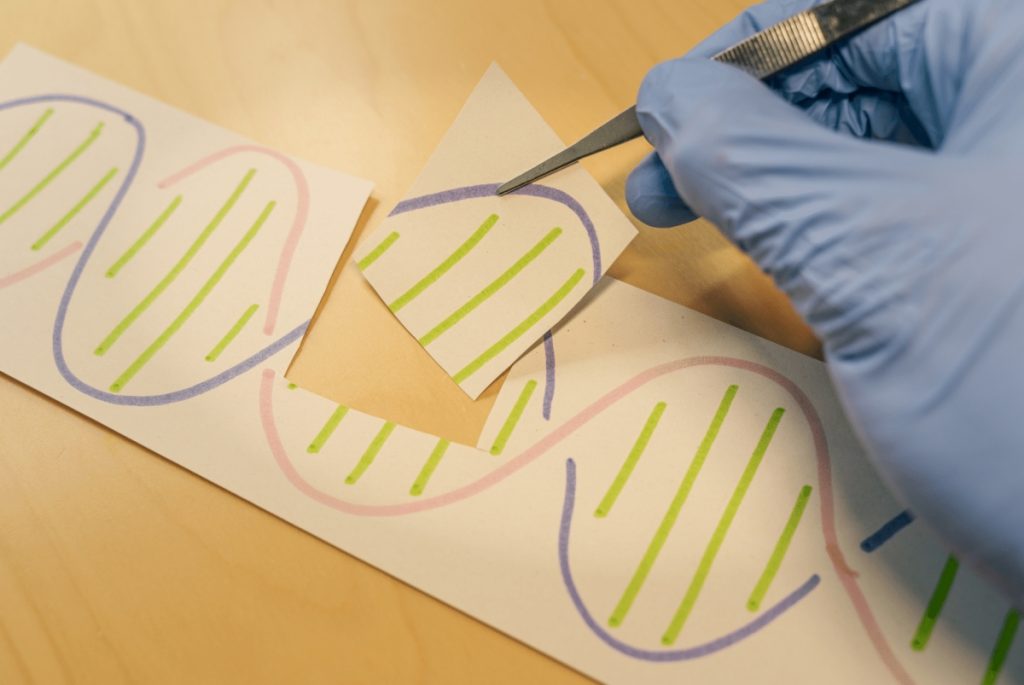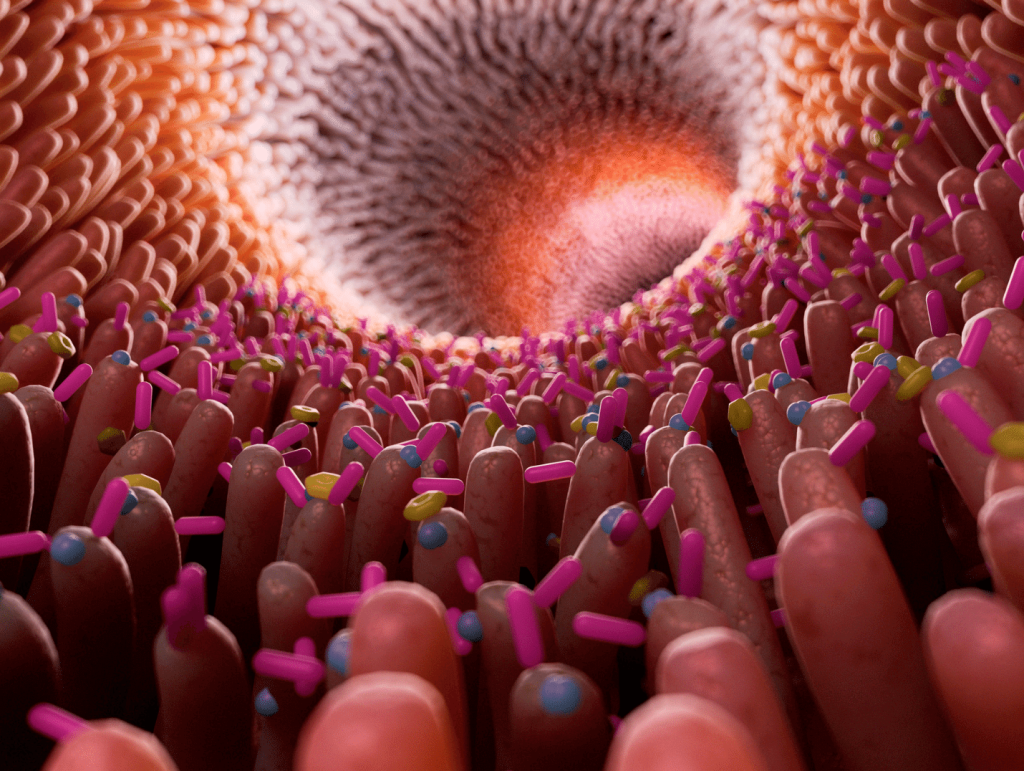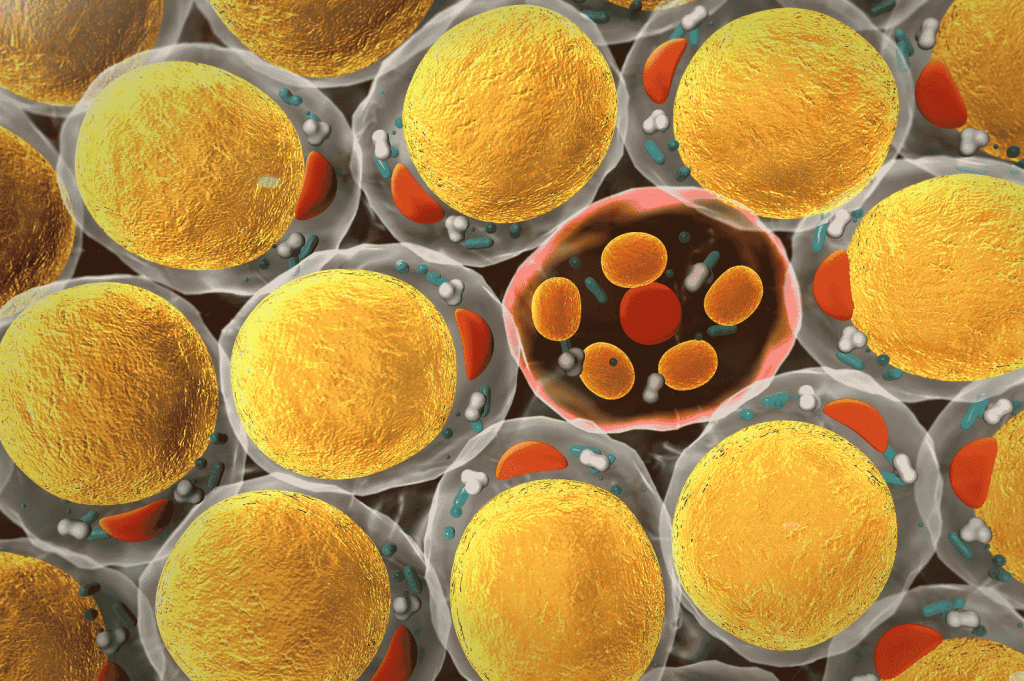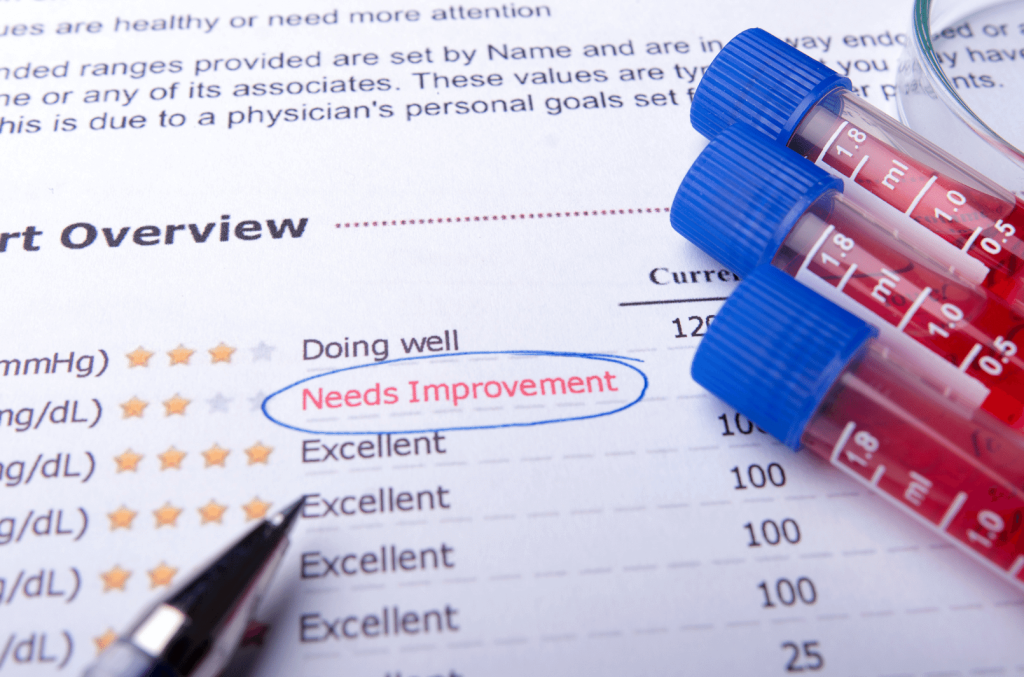
Nattha Wannissorn, PhD
Dr. Nattha Wannissorn, PhD, is a scientist who makes health research accessible to the general public through health and wellness blogs. She received her PhD in Molecular Genetics from the University of Toronto and BA in Molecular & Computational Biology from the University of Pennsylvania. Nattha is also a biohacker, Functional Diagnostic Nutrition Practitioner, Registered Holistic Nutritionist, certified Superhuman Coach, and Fitness Coach with a focus on women’s health and over 5 years of client experience. Her 14 years in academia focused on the functional genomics of cancer. She has co-authored publications in leading journals such as Cell and Cell Host & Microbes. Currently, she is the CEO of Wellness Medical Writer, the science communication company for the health and wellness industry. Her work has reached and improved the health of over 3 million readers.
All Posts by Nattha Wannissorn, PhD
What Are Adaptogens Good For?
In today’s relentless whirlwind of deadlines, commitments, and digital notifications, life sometimes feels like an endless marathon. Stress is not just an emotional state–it’s a physiological reaction that affects your health and performance.
Is Sugar Poisonous? What Does Science Say and What Should You Do?
Introduction In May 2009, Dr. Robert Lustig gave a controversial but credible lecture called Sugar: The Bitter Truth at the University of California San Francisco. As of 2023, the 1.5-hour lecture has been played 14 million times. These are impressive numbers for a 90-minute lecture on the biochemistry of a substance regularly consumed by millions…
How to Stop Feeling Tired After Eating and Beat Afternoon Slumps
Lunch is supposed to give you the energy you need to power through your afternoon. But what if instead, it makes you feel more tired?
Scientific Background and Glossary On Genetics and Nutrigenomics
Your genome is made of 46 pieces of DNA, each packaged into a chromosome. Each chromosome is like a long scroll of recipes encoded with 4 letters or base pairs, A, C, G, and T. Each part of this recipe is a gene. The sequence of these letters are called your genetic sequence. In total,…
Carbohydrate (Glucose) Tolerance: Definition, Signs, and Lab Test
Carbohydrates have become a controversy lately in the nutrition world. You may have seen phrases like “insulin resistance” or “low carb diet”, or people wearing little continuous glucose monitoring devices on their arms to track their blood sugar. But why all the fuss over something as common as carbs?
Carbohydrate and Glucose Intolerance Causes – Genetics, Lifestyle Factors, and More
In the previous article, we defined terms like carbohydrate and glucose tolerances. In this article, we explore other factors that can affect how well your body handles carbs, how genes and lifestyle factors can play a role, and more.
How Does Human Genetics Shape the Gut Flora and Microbiome?
From digesting and absorbing nutrients to even regulating your immune system, the microbiome has many influential effects on your overall health and well-being. While many things can influence the microorganisms living in your gut, new research suggests that specific genetic variations can make people susceptible to having an imbalanced gut microbiome. Changes in the composition…
Medicinal Mushrooms: What You Need to Know & How Best to Use Them
What are Medicinal Mushrooms? Medicinal mushrooms have been used for centuries in traditional cultures for their potential health benefits. These mushrooms contain bioactive compounds that support various aspects of well-being, including immune function, cognitive health, and overall vitality. Don’t confuse medicinal mushrooms with psychoactive ones. Medicinal mushrooms, like reishi, chaga, lion’s mane, and cordyceps, provide…
What are Fat Genes? And How to Lose Genetic Fat
Could your weight loss struggles and diet failure be genetic?
In this article, we focus on specific genes involved in weight regulation. But, it’s important to understand that while genes do factor in, they are often not black and white. They are also something you can’t control.
Magnesium for Women’s Hormones
Most women don’t realize that their symptoms of hormonal imbalance could be due to low magnesium. Even if you don’t have magnesium deficiency, only suboptimal levels, it can contribute to your symptoms.
Low Vitamin D: Causes, Prevalence, Nutrigenetics, Supplementation, & More
Vitamin D has gained significant traction recently for supporting health and well-being beyond bone health. But despite how important it is, a staggering number of people worldwide have low or deficient levels, and recommended daily intake doses are woefully inadequate. This can have far-reaching implications for health. While many things contribute to vitamin D status,…
Part 2: Best Tests For Whole-Body Magnesium Deficiency And Statuses: Accuracies, Pros, And Cons
In this part you will discover the invaluable insights offered by the magnesium tests available.











